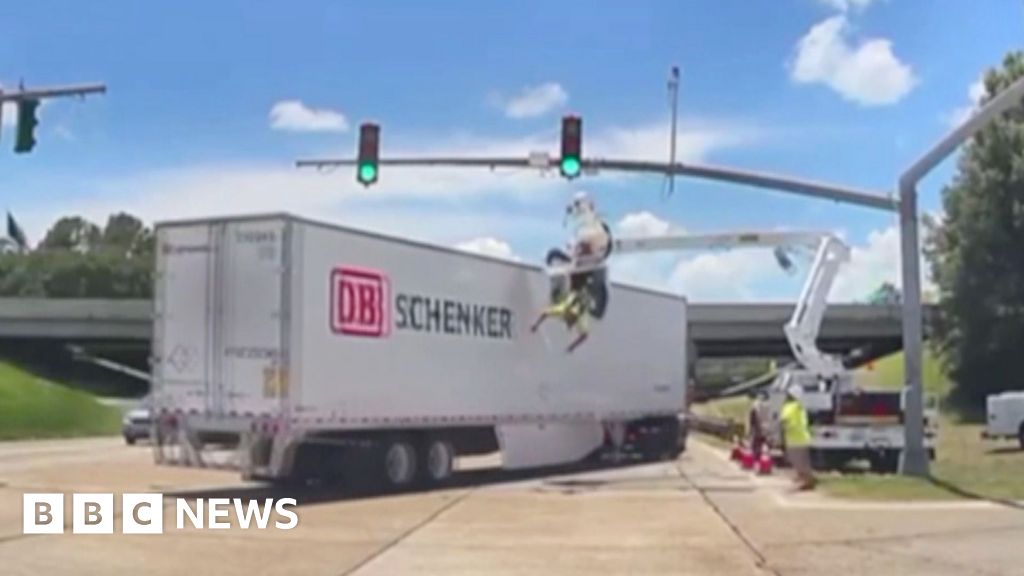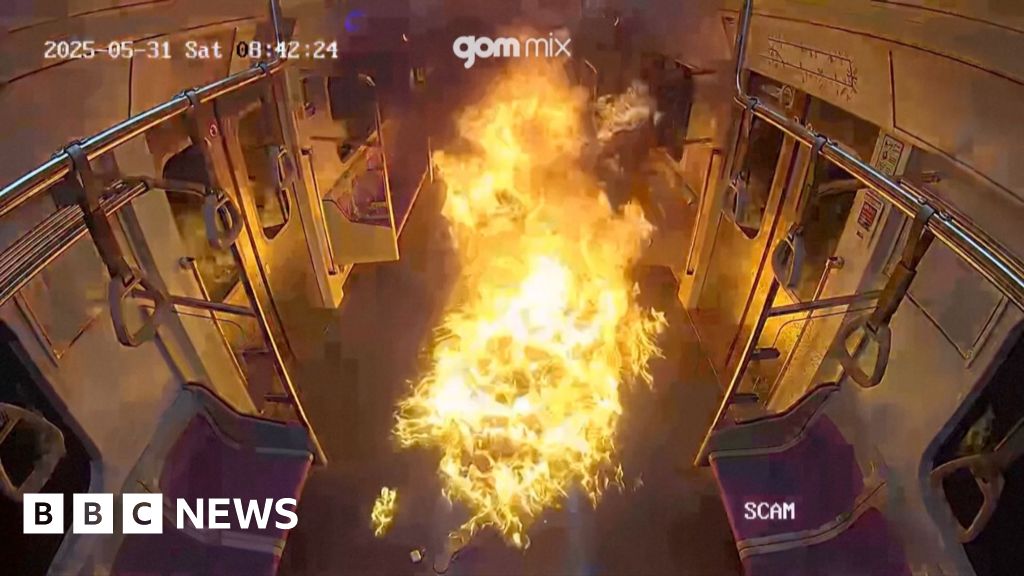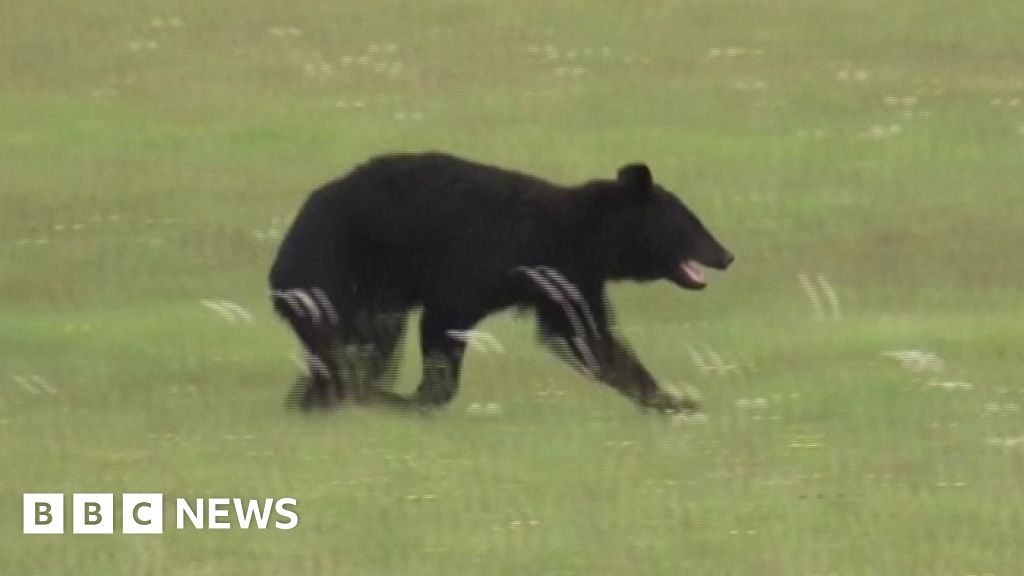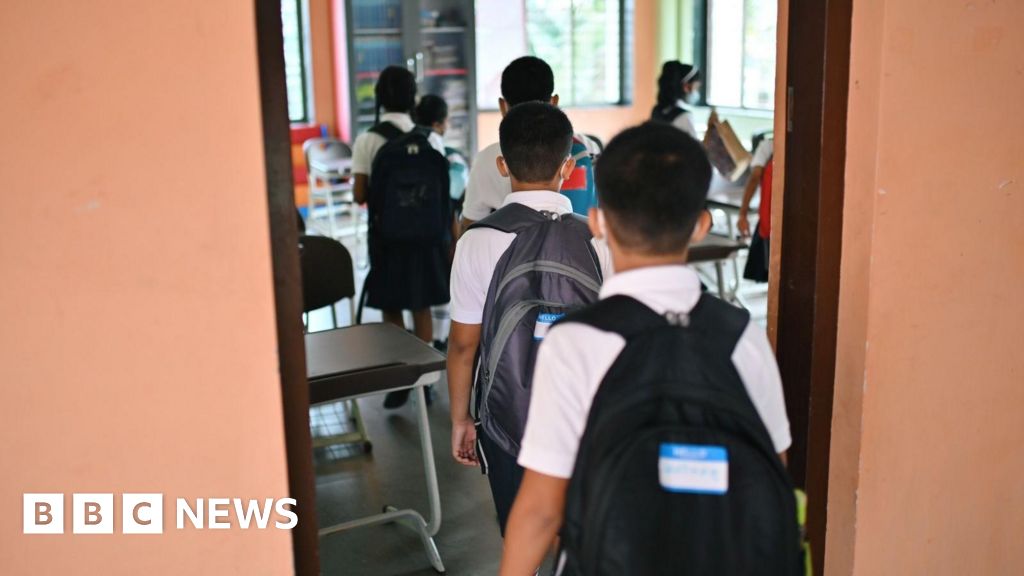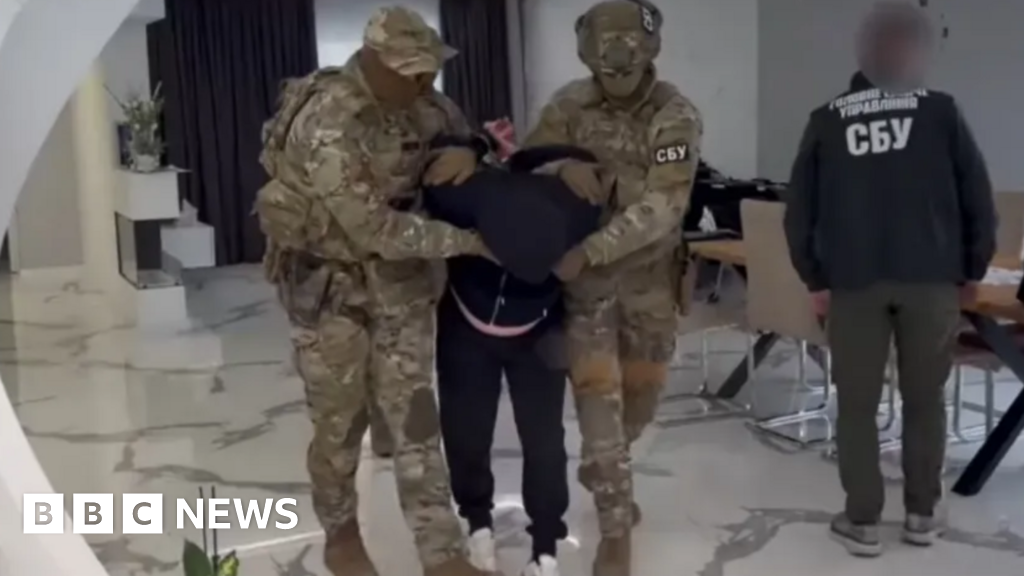Ukraine says it has uncovered a spy network being run by the Hungarian state to obtain intelligence about its defences near their shared border.
Ukraine’s security service said it had detained two alleged Hungarian spies who it accused of gathering intelligence.
“For the first time in Ukraine’s history, the Security Service has exposed a Hungarian military intelligence network that was conducting espionage activities to the detriment of our state,” the SBU said.
Hungarian Foreign Minister Peter Szijjarto said the allegations “should be treated carefully as propaganda until such time as we receive any details or official information”.
Speaking on the Hungarian ATV television channel, he said that “anti-Hungarian propaganda is often employed in Ukraine… which often turns out to have no basis in fact”.
He did not directly deny the allegations but in later on Friday Szijjarto said two Ukrainian diplomats had been expelled from Budapest.
Hungary is a member of the European Union and Nato – both firm allies of Ukraine – but President Viktor Orban has repeatedly sided with Russia since its invasion of Ukraine.
The alleged spy network was established by Hungary’s military intelligence with the aim of collecting data about the location and number of air defence systems, as well as law enforcement officers and their vehicles, in the western Zakarpattia region, the SBU said.
Zakarpattia is the western region of Ukraine that shares an 84-mile (137km) border with Hungary.
The spies had also been gathering information on the public sentiment among local residents to predict their response in the event of a Hungarian incursion, according to the SBU.
The SBU gave no indication that the alleged plot was in aid of Russia.
The woman and man who were detained – referred to by the SBU as “traitors” – were former members of the Ukrainian military and were allegedly being supervised by a Hungarian intelligence officer.
The SBU said the male suspect had crossed the border into Hungary to report to his controller, receiving money and a communication device in return. The SBU did not elaborate on how the purported network was uncovered.
The alleged spies were taken into custody at their homes, Ukrainian news agency Interfax reported, and phones and other evidence which indicated they were spies were seized during a search.
The detainees are suspected of treason and face up to life imprisonment.
Relations between Hungary and Ukraine have been strained since Russia’s full-scale invasion began more than three years ago.
Orban has attempted to block EU aid packages to Ukraine, opposed sanctions on Russian oil and gas, and has voiced his opposition to Ukraine joining the EU.
Hungary has been a member of Nato, the transatlantic defence alliance, since 1999. But since Orban’s rise to power as an authoritarian leader, its policies have often been at odds with Western positions.
Orban’s government is among few in Europe that has maintained close ties to Russia following the invasion.
Taken in isolation, these arrests and the alleged espionage network involved amount to a relatively minor event.
Ukraine’s short border with Hungary is far from the front lines, and this has little bearing on the ongoing fighting in the south-east and north-east of the country, where Russia controls around 20% of Ukrainian territory.
But Russia, which uses missiles and drones to target all parts of Ukraine at intermittent intervals, would be keen to know the locations of any military assets.
Former UK Defence Secretary Sir Ben Wallace told BBC Radio 4’s Today programme that this was not the first time Ukraine had accused Hungary of subversive activity on its territory.
But he added that the sensitive military nature of the alleged targets this time made it far more serious.
Wallace raised the question of who would be the ultimate recipient of this intelligence allegedly gathered from inside Ukraine’s borders.
“What Putin fears most is Nato’s values,” he said. “And if those values are threatened or undermined, then there needs to be some serious discussion within Nato about members that behave that way.”
The SBU’s announcement also comes the same day that Robert Fico, the prime minister of another Nato nation, Slovakia, is in Moscow attending Vladimir Putin’s showcase Victory Parade to commemorate the USSR’s defeat of Nazi Germany in World War 2.
As the rest of Nato strives to maintain unity in the face of Russia’s continuing invasion, this latest news will not be welcome.
Around 150,000 Hungarians live in Ukraine’s Zakarpattia region, according to the last official census, taken in 2001.
Ukraine and Hungary have clashed in the past over the rights of this community to use their native language and Orban’s efforts to promote Hungarian identity there.
Wallace said that when he was defence secretary, another plot was uncovered by Ukraine in which “Hungarians were handing out passports to the ethnic Hungarians in that pocket of land”, prompting Kyiv to expel a number of diplomats.
Source link



